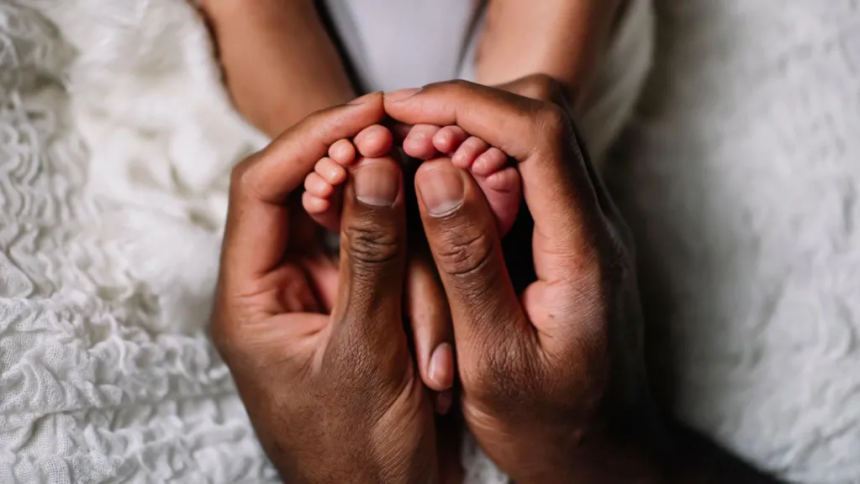South Africa’s highest court has unanimously ruled that all parents of new-borns are entitled to equal parental leave – a landmark judgment hailed as a major victory for gender equality and family rights.
Under the current law, mothers are granted four months of leave, while fathers receive just 10 days.
In its ruling, the Constitutional Court declared parts of the legislation unconstitutional, calling it discriminatory against fathers, and ruled that both parents may now share the granted leave however they choose.
“This is a ground-breaking step for equality, family wellbeing, and the future of fatherhood in South Africa,” said Sthembiso Phakathi, founder of Single Dads Network.
In 2023, a lower court found certain sections of the Basic Conditions of Employment Act (BCE) Act and the Unemployment Insurance Fund Act (UIF) unjust and ruled that they violated the rights of various family structures.
The Gauteng High Court then ruled that the law unfairly treated types of parents differently regarding the length of parental leave and unemployment benefits received.
The case was brought to court by a married couple, the Commission for Gender Equality and others, who sought to address the unfair societal burden placed primarily on mothers, highlighting that parenting responsibilities should be shared.
The petitioners argued that the current legislation unfairly discriminated against parents who were not the birth mother – specifically, fathers, adoptive parents, and parents of children born to surrogates – by granting them only 10 days of parental leave, while the birth mother received four months.
Delivering the ruling on Friday, Justice Zukisa Tshiqi said that both parents should be entitled to share the available days as they saw fit, describing the current law outdated and one which “unfairly burdened mothers and excluded fathers”.
“The protection of birth mothers to the exclusion of other parents has the unfortunate consequence of perpetrating the assumption that women are, and should be, the primary caregivers of children.
“The father is marginalised and deprived of the opportunity to involve himself as a parent in the upbringing of the baby during the early stages of life,” she added.
Justice Tshiqi said the ruling was not only about gender equality but also about protecting the dignity of families, emphasising that the ultimate focus of the court’s decision was the wellbeing of children.
“The unequal treatment not only marginalises parents but also deprives children of the opportunity to be with their caregivers during a crucial period of nurturing and adjustment to their new environment.”
The petitioners welcomed the ruling, while legal experts warned that the decision would have far-reaching implications for employers, who will need to adjust their current leave policies to comply with the judgement.
“The essence of the case is that it highlights the need to provide equal parental leave benefits, recognising that nurturing a child is a shared responsibility,” Tsietsi Shuping from the Commission for Gender Equality told the BBC.
He said the current law “did not reflect evolving societal norms around parenting”.
Labour lawyer Patrick Deale told state media that the judgment was “a positive and expected outcome” for parental rights in the country.
The court has suspended its declaration of invalidity for three years, giving parliament time to amend the current laws to align with its judgement.
In the meantime, parents will be entitled to decided how they want to share the four months and 10 days of leave.
If only one parent is employed, that parent may take the full leave allocation.














